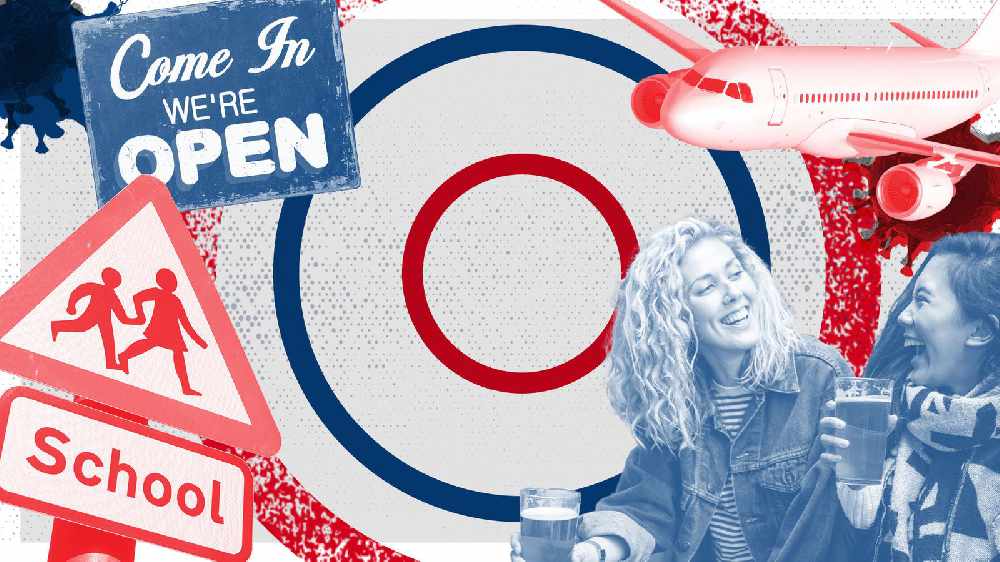
Boris Johnson is revealing his four steps to easing England's lockdown for different parts of society and the economy.
As Isle of Wight Radio previously reported, the prime minister hopes to be able to lift the majority of rules by June 21, but this is dependent on cases, deaths and hospital admissions continuing to fall.
There will be no regional tier systems - England will be treated as one in the easing of lockdown.
Step One: 8 March and 29 March
8 March
- All schools and colleges in England will reopen, while all childcare can resume
- Secondary school pupils will have to wear facemasks initially while staff in all schools are advised to wear masks.
- All secondary and college pupils will be tested twice a week
- One person will be able to meet one other person from another household outside for recreation, not just exercise
- This includes meeting in private gardens and will mean two people can meet for a picnic or sit on a bench with a coffee but they cannot play tennis or golf
- Care home residents will be allowed one named visitor.
29 March
- Up to six people from different households or a larger group from two households can meet outside, including in private gardens
- Outdoor sports facilities can reopen and organised outdoor sports can take place for children and adults
- From this point, the government will drop the "Stay at Home" message and will instead encourage people to stay local wherever they can
- People will still have to work from home where possible and no overseas travel, apart from necessary work, will be allowed.
Step Two: 12 April
- After the school Easter holidays, non-essential retail, including hairdressers and beauty salons, can reopen
- Libraries, museums, zoos, theme parks and gyms can open - but no indoor mixing of different households allowed
- Outdoor hospitality can reopen, including pubs and restaurants - with the rule of six or a larger group from two households
- Customers will not have to buy a substantial meal to have an alcoholic drink and there will be no curfew but people will have to be seated when ordering and eating or drinking
- Self-catering holidays in the UK with your own household will be allowed
- Funerals of up to 30 people, wakes of up to 15 people.
Step Three: 17 May
- Outdoors, most social contact rules will be lifted, but gatherings of more than 30 will be illegal
- Indoors, the rule of six or a larger group of up to two households will be allowed
- Indoor hospitality - pubs, restaurants, cinemas, theatres, children play areas, hotels, B&Bs, indoor exercise classes - will be allowed
- Large indoor performances and sporting events with a capacity of 1,000 people will be allowed
- Outdoor large performances and sporting events will have a maximum capacity of 4,000 people or must only be half full, whichever is lower
- Bigger sports stadiums will be allowed 10,000 people or can only be a quarter full, whichever is lower
- Weddings, wedding receptions, wakes, funerals and christenings will be allowed 30 people.
Step Four: 21 June
- All legal limits on social contact removed
- Government hopes to reopen nightclubs and lift restrictions on large events such as festivals
- Ministers hope to remove restrictions on weddings
Yet to be decided
There are a few rules and issues that have not yet been agreed and will be subject to review during the easing of lockdown.
1. The one-metre plus rule, mandatory facemasks and working from home
The government hopes to conclude a review of this before step four.
2. Whether you can use proof of having a COVID-19 vaccine to enter mass events
The government hopes to set out the conclusion of a review prior to step four on whether vaccine or test certificates could be used to reopen the rest of the economy.
3. International travel
The government has said this will not resume before 17 May.
By Sky News

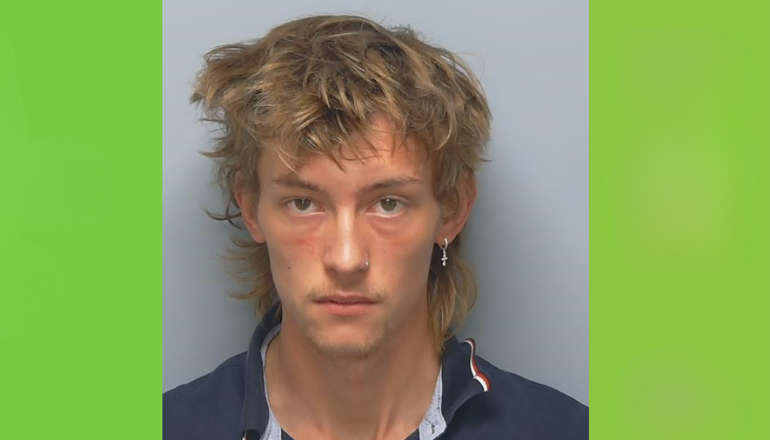 Man Jailed After burglaries Armed With Baseball Bat And Firearm
Man Jailed After burglaries Armed With Baseball Bat And Firearm
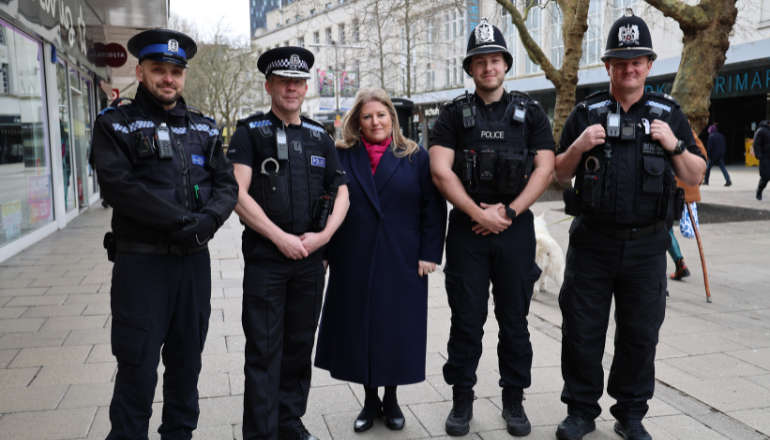 Retailers Say Hampshire & Isle Of Wight Constabulary Is Best At Responding To Retail Crime
Retailers Say Hampshire & Isle Of Wight Constabulary Is Best At Responding To Retail Crime
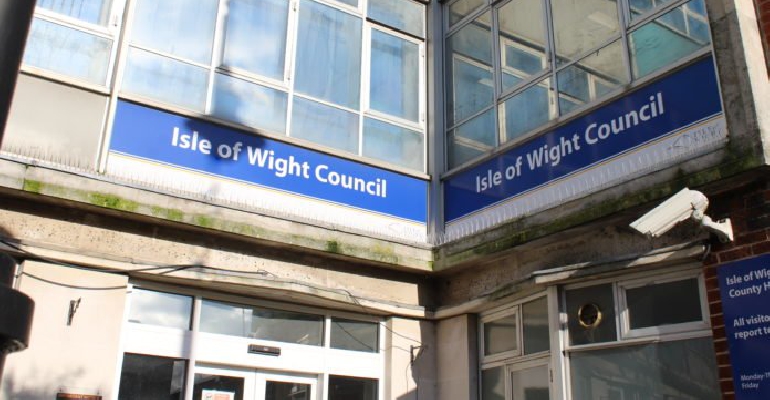 Full Council Opposes School Closure Plans In Blow To Cabinet
Full Council Opposes School Closure Plans In Blow To Cabinet
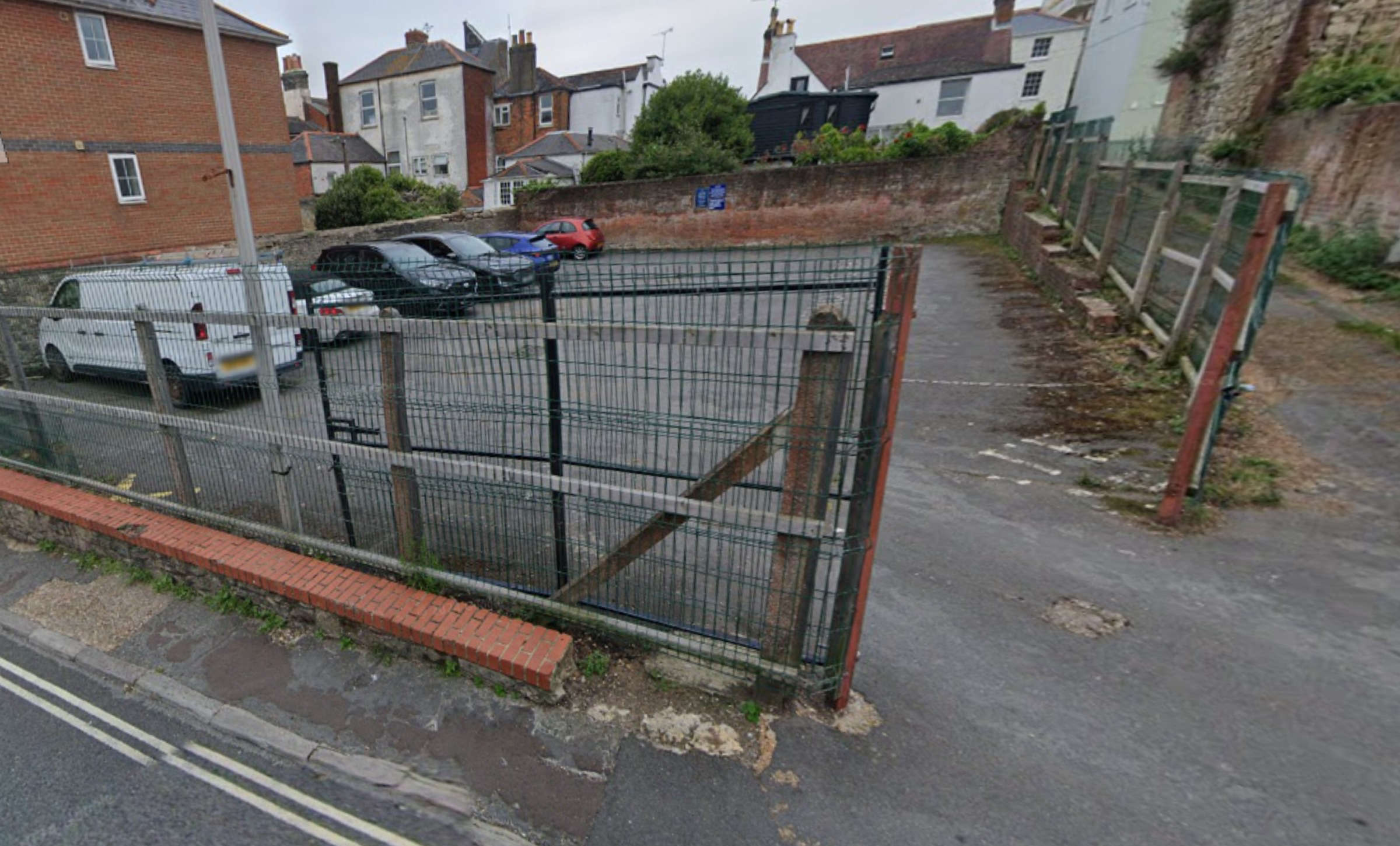 Eight Electric Vehicle Charging Bays Could Be Installed In Isle Of Wight Town Centre
Eight Electric Vehicle Charging Bays Could Be Installed In Isle Of Wight Town Centre
 New Drop-In Sessions Announced For Isle Of Wight Dementia Strategy Review
New Drop-In Sessions Announced For Isle Of Wight Dementia Strategy Review
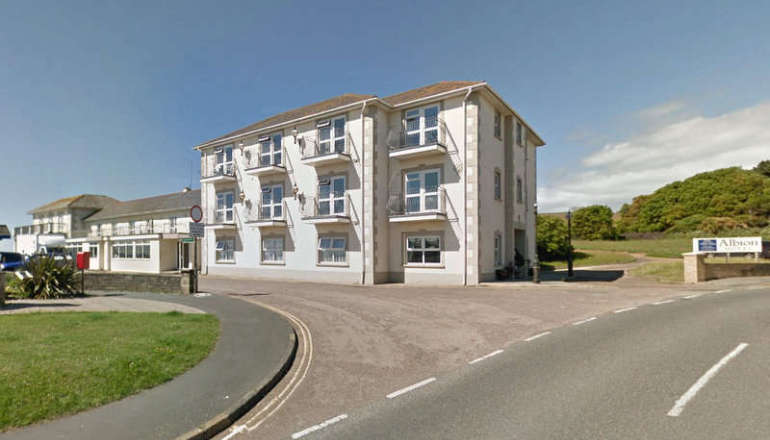 Plans To Enhance Luxury Freshwater Seafront Hotel Approved
Plans To Enhance Luxury Freshwater Seafront Hotel Approved
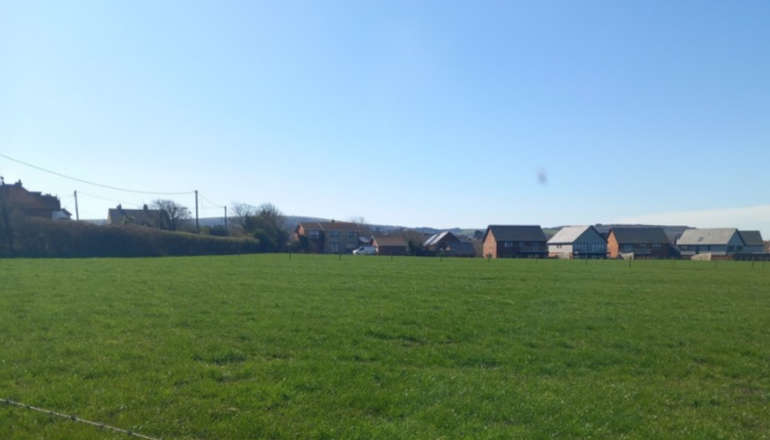 Thousands Of Pounds Of Investment Needed If Housing Development Goes
Thousands Of Pounds Of Investment Needed If Housing Development Goes
 Isle Of Wight College Firearm Report Sees 17 Year-Old Arrested In Cowes
Isle Of Wight College Firearm Report Sees 17 Year-Old Arrested In Cowes
 Major Island Policy Forum To Consider Plans Aiming To Make Suicide Prevention 'Everybody's Business'
Major Island Policy Forum To Consider Plans Aiming To Make Suicide Prevention 'Everybody's Business'
 Latest Scam Warnings Issued For Isle Of Wight
Latest Scam Warnings Issued For Isle Of Wight
 First Acts Announced For Cowes Fringe 2025
First Acts Announced For Cowes Fringe 2025
 Six Island Charities Supported By WightAID In Final Giving Round Of 2024
Six Island Charities Supported By WightAID In Final Giving Round Of 2024
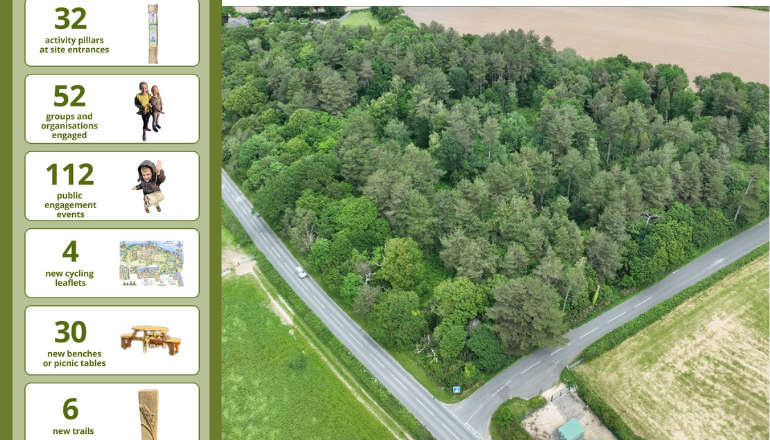 Two New Sites For Isle Of Wight's Gift To Nature
Two New Sites For Isle Of Wight's Gift To Nature
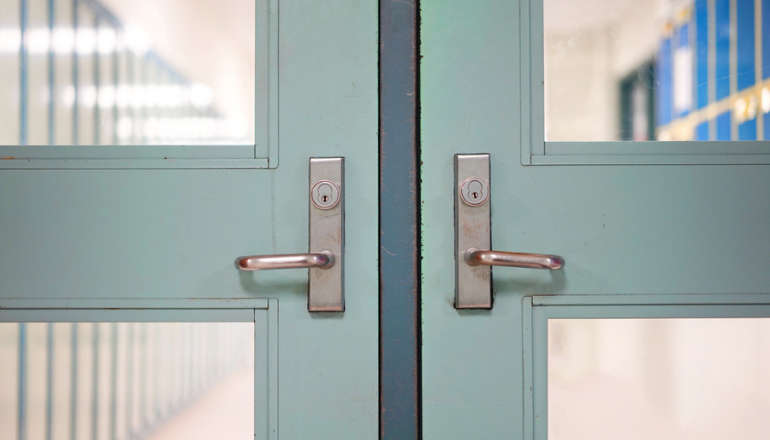 Councillors Lodge Motions Ahead Of Landmark School Closures Debate
Councillors Lodge Motions Ahead Of Landmark School Closures Debate
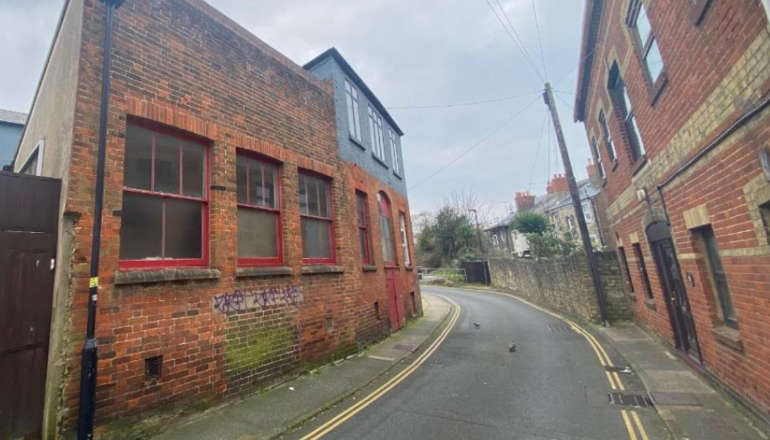 Ryde Town Centre Victorian Warehouse Could Get Three New Flats
Ryde Town Centre Victorian Warehouse Could Get Three New Flats
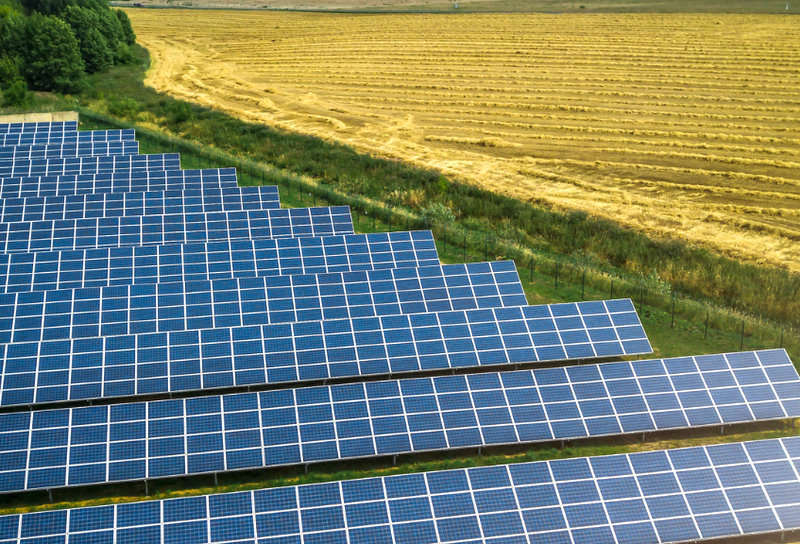 Controversial Bid To Build Renewable Energy Park Near Island Village Re-Emerges
Controversial Bid To Build Renewable Energy Park Near Island Village Re-Emerges
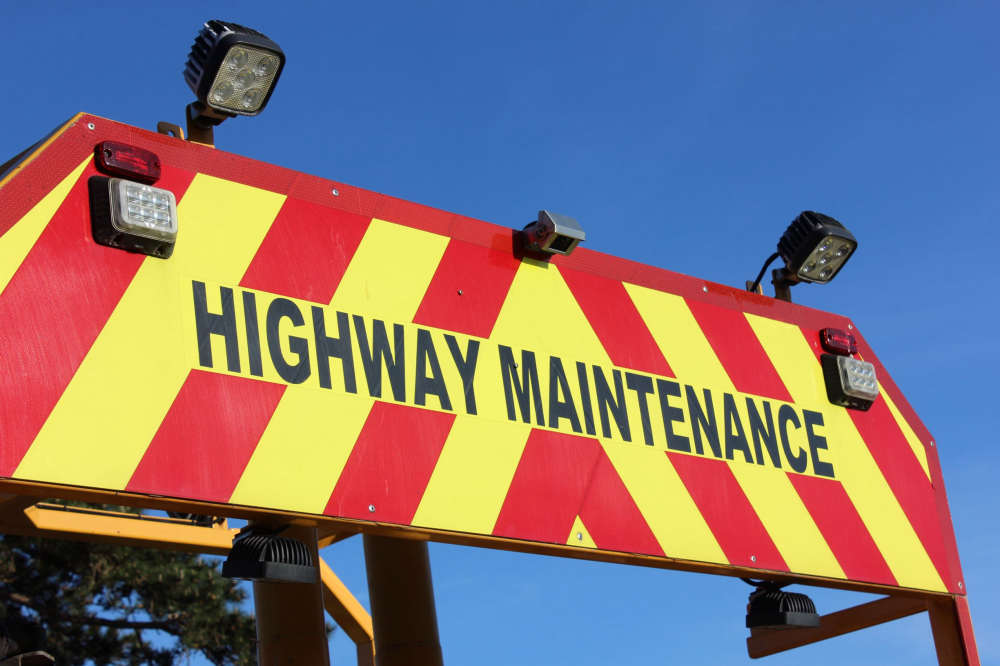 East Wight Road Improvement Work To Take Place In February
East Wight Road Improvement Work To Take Place In February
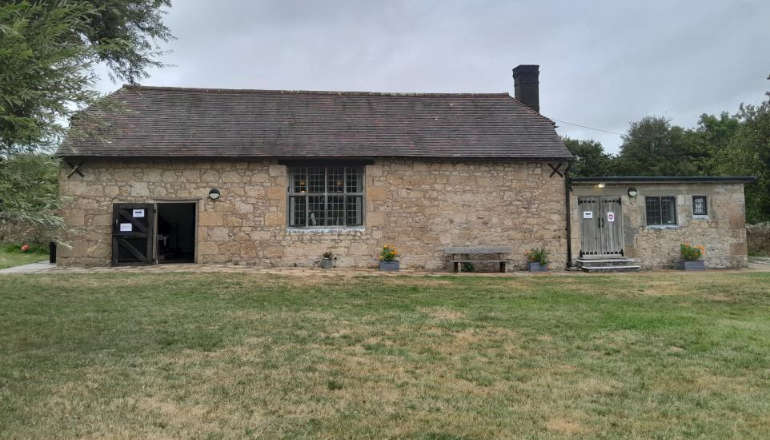 Island Parish Council Loses Second Clerk In Less Than A Year
Island Parish Council Loses Second Clerk In Less Than A Year
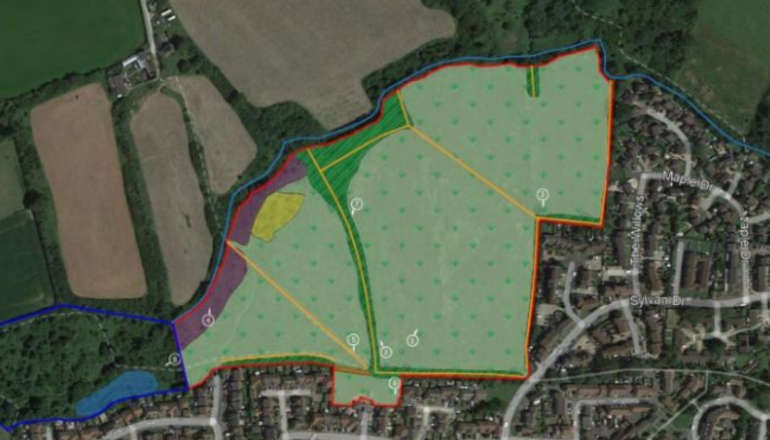 Heavily Criticised Newport Edge Of Town Housing Plans Resurface
Heavily Criticised Newport Edge Of Town Housing Plans Resurface
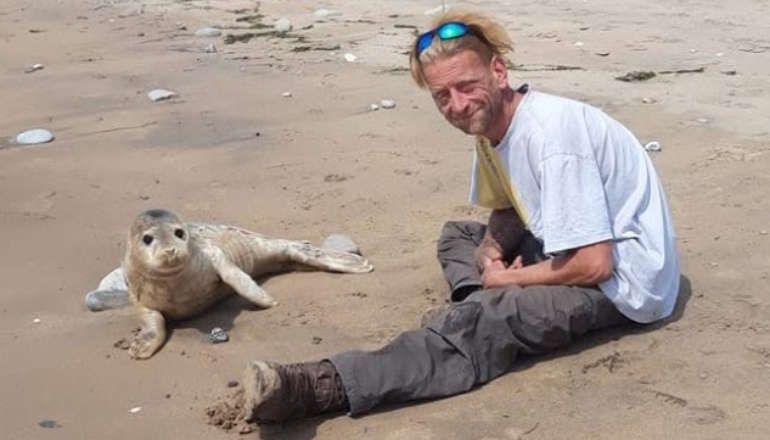 Family Pays Touching Tribute To Sandown Man Killed In New Year's Eve Collision
Family Pays Touching Tribute To Sandown Man Killed In New Year's Eve Collision


